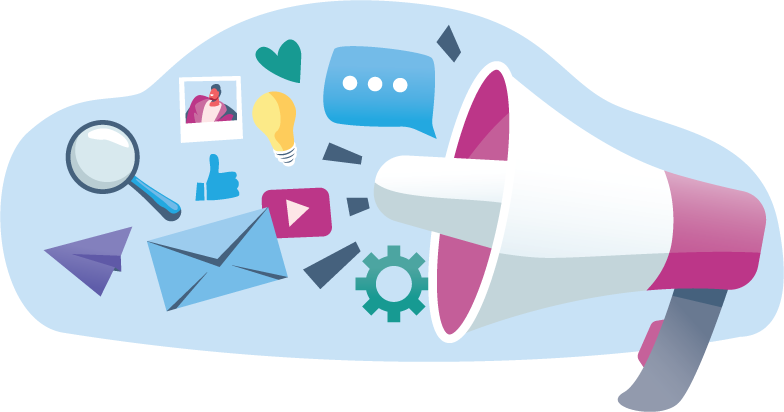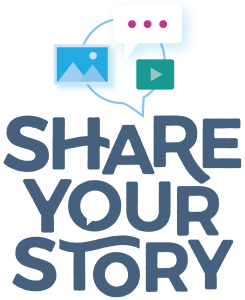Mildred
A Polio Story
Place of Residence: Massapequa Park, New York
Mary Beth vividly remembers how her childhood was affected by her mother, Mildred’s, experience with polio. Before the polio vaccine became available in 1955, Mary Beth and her sisters were not allowed to go swimming because her mother was terrified that polio would strike their family again. Mildred became a passionate vaccine advocate and Mary Beth continues that legacy through her work as a nurse practitioner.
Mary Beth shares the story of how her mother contracted polio at the age of 3 and how that drew her to a career in the health field.
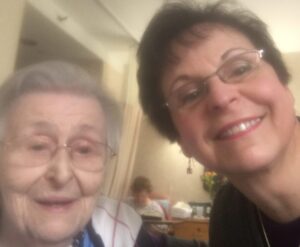
How did your mother’s experience with polio impact you as a child?
I’m a nurse practitioner and have wanted to be a nurse since I was 3 years old. My mother, Mildred, contracted polio when she was 3. She survived until the age of 98, but the story of her illness really impacted me. My mother was very smart, feisty, funny, and a no-nonsense person. She just could not abide the antivaxxers and could not understand why anyone would not want to be vaccinated. She wished she had the polio vaccine when she was a child!
As a result of her illness, she was so protective of my two sisters and me, and was terrified that we’d contract polio, too. We weren’t allowed to go swimming in the summer because of my mother’s fear of polio. She was so excited when the polio vaccine became available in 1955 – she could not get us vaccinated fast enough! My mother made sure my sisters and I had every vaccine available when we were children.
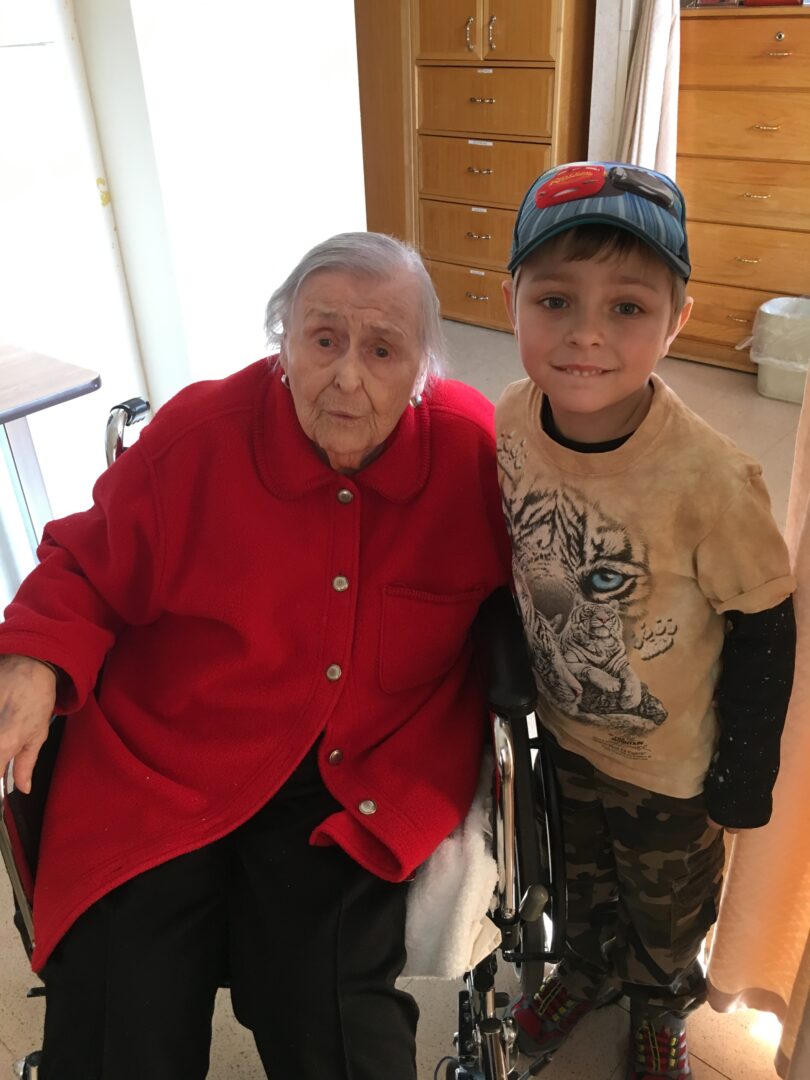
How did your mother get sick?
My mother was spending the summer with her family in upstate Utica in 1923 to get away from the heat in the city when she first developed a fever. The next day she couldn’t move the right side of her body. It was a Sunday and my grandparents had difficulty finding a physician to come out to see my mother.
My grandfather finally located a physician to make a visit and he took one look at my mother and told my grandparents that my mother had polio. My fun loving, playful, 3-year-old mother was terrified, and she was not allowed to see her siblings.
What effects did polio have on your mother?
My mother had to learn to walk again, and by the time she was 6 years old she was back to playing with her siblings and other children. She grew up uneventfully but was always clumsy, which she told us was always a reminder that she had polio. My mother was born right-handed and became left-handed after having polio because it affected her right side. Polio also caused her right leg to be shorter than her left. My mother was never able to participate in sports because she felt she was so uncoordinated as she grew older.
Did your mother suffer any long-term impacts from polio?
In her early 60s, the weakness on her right side began to return. By the time she was in her 70s, she was considering the use of a cane. Her physicians were baffled by the weakness, and I told my mother I thought she had post-polio syndrome.
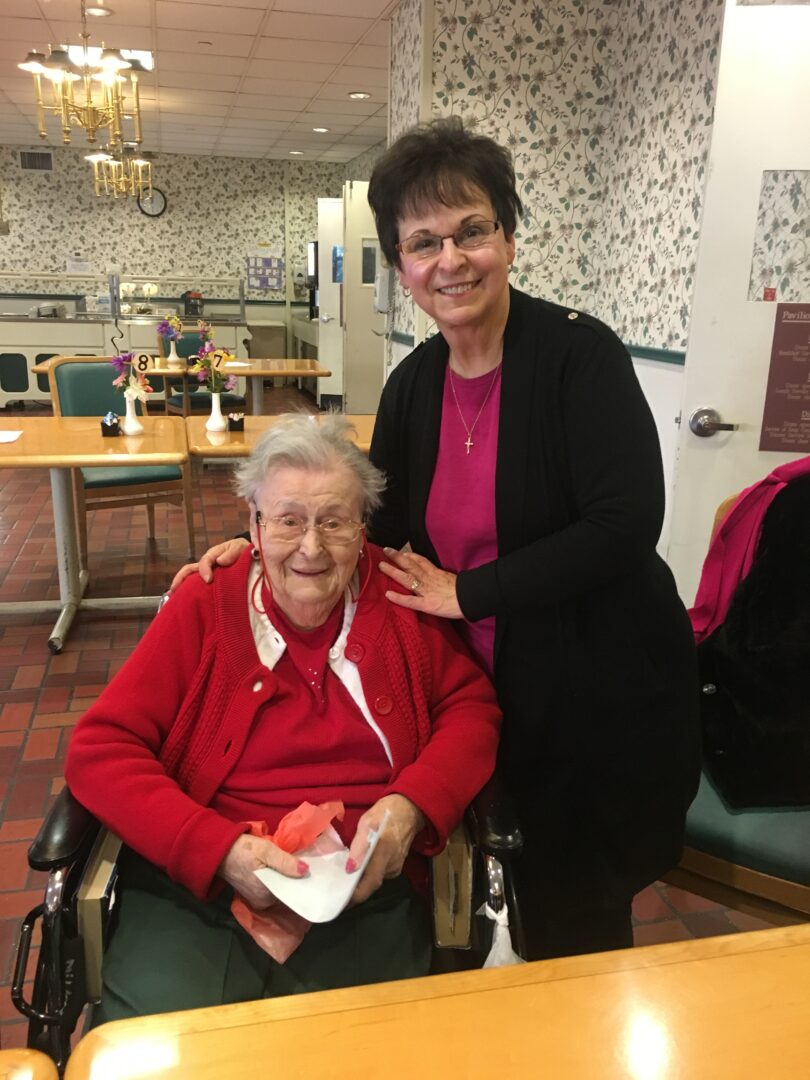
Her physicians had no experience with post-polio syndrome and tried to come up with other diagnoses. I gave her primary physician an article from the Centers for Disease Control and Prevention (CDC) on post-polio syndrome and finally the physician agreed that I was correct.
Because of post-polio syndrome, my mother was confined to a wheelchair during her final years and spent the last 2 ½ years in a nursing home. And I think over time she just gave up on living. She hated the loss of her independence. At one point, she told us she was done and just wanted to go to heaven to be with my father. She wanted to see all her family one last time – then she died four weeks later.
What advice would you give to others about vaccination?
Please think about my family and how different life could have been for my mother if polio vaccines were available back then. She didn’t have the opportunity to be protected against polio – but YOU do have an opportunity to make the choice to get vaccinated! Not only was my family impacted by polio, but my grandmother lost her life to cervical cancer, which can now be prevented with the human papillomavirus (HPV) vaccine. So, I understand the value of routine immunizations!
What have you and your mother done to raise awareness about the importance of vaccination over the years?
My mother became a fierce vaccine advocate as a result of her polio illness. She spoke out often to anyone who would listen to her about why vaccines are so important. She spoke to senior citizens about influenza vaccination. She spoke to young mothers about why they needed to vaccinate their babies, and she spoke to nursing students about why they needed to learn about vaccines and encourage their patients to be vaccinated.
As a nurse practitioner, I speak on local, state, national, and international levels about vaccines and have attended numerous events where I answer the public’s questions on vaccines. I have been on many radio programs and podcasts and have written journal articles and textbook chapters.
As a public health expert, Mary Beth is a passionate vaccine advocate. Having seen how vaccine-preventable diseases affected her own family, she educates others about the importance of staying up to date on all vaccinations across the lifespan.
BECOME A VACCINE ADVOCATE
There are lots of ways you can make a difference in your community.
